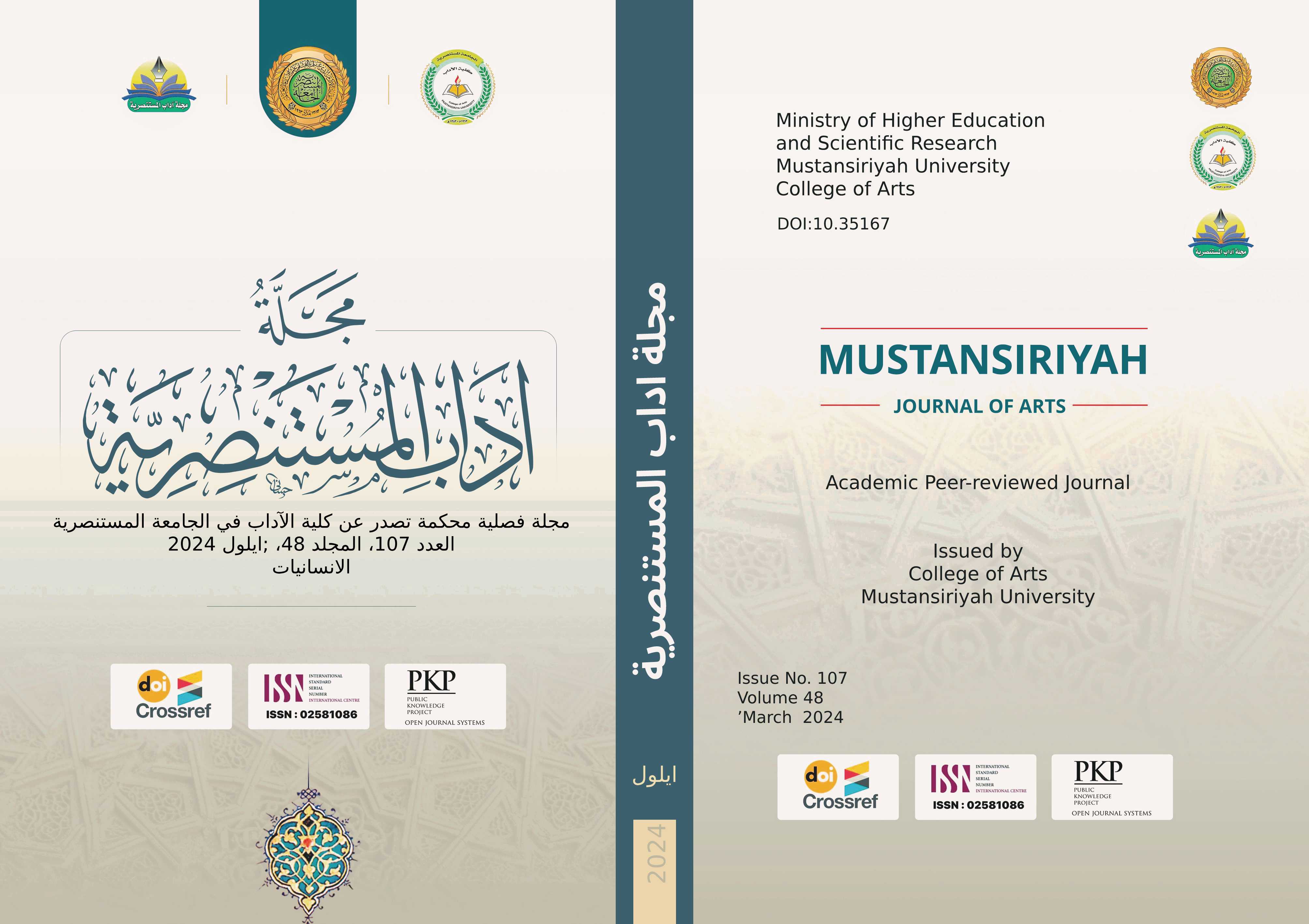Self Intuition and Religious Experience in Henri Bergson’s Philosophy
Abstract
The philosopher Henri Bergson (1859-1941) is considered a unique case in the history of philosophy, as he was able to construct his own philosophy independently of the influences of any particular philosophical tradition. For him, philosophy takes the form of an intuitive meditation of the act of life and its creative evolution, and it is based on an ontological vision that sees in all aspects of life nothing but manifestations of the eternal struggle between two main streams that control the process of existence : the stream of feeling and the stream of matter. The source of life finds its origin in a vital impulse that is as creative as it is mysterious, and whose true nature cannot be monitored or determined except through direct emotional intuition.
This philosophical vision had important repercussions on the issue of interpreting religious experience and clarifying the origin of religious feeling in terms of its relationship to the nature of life and the self’s intuition. From this perspective, in his book (The Two Sources of Morality and Religion), took his own path in exploring the essence of religious experience, after he resumed work on restoring the spiritual dimension at the heart of the philosophical work, and rejecting all positivist, scientific, and reductionist interpretations.
Downloads
Published
Issue
Section
License

This work is licensed under a Creative Commons Attribution-ShareAlike 4.0 International License.


